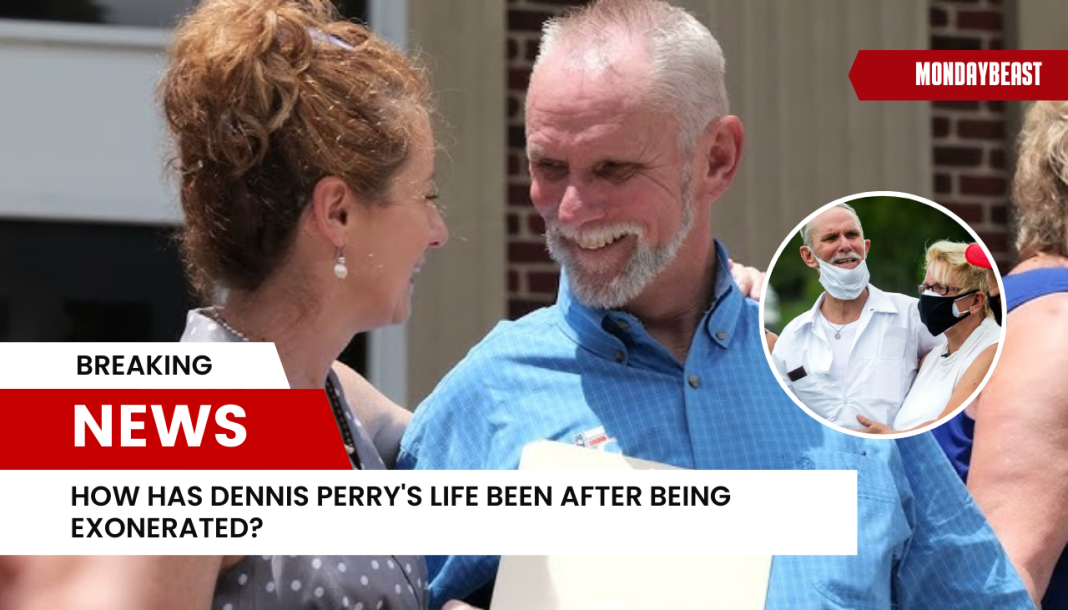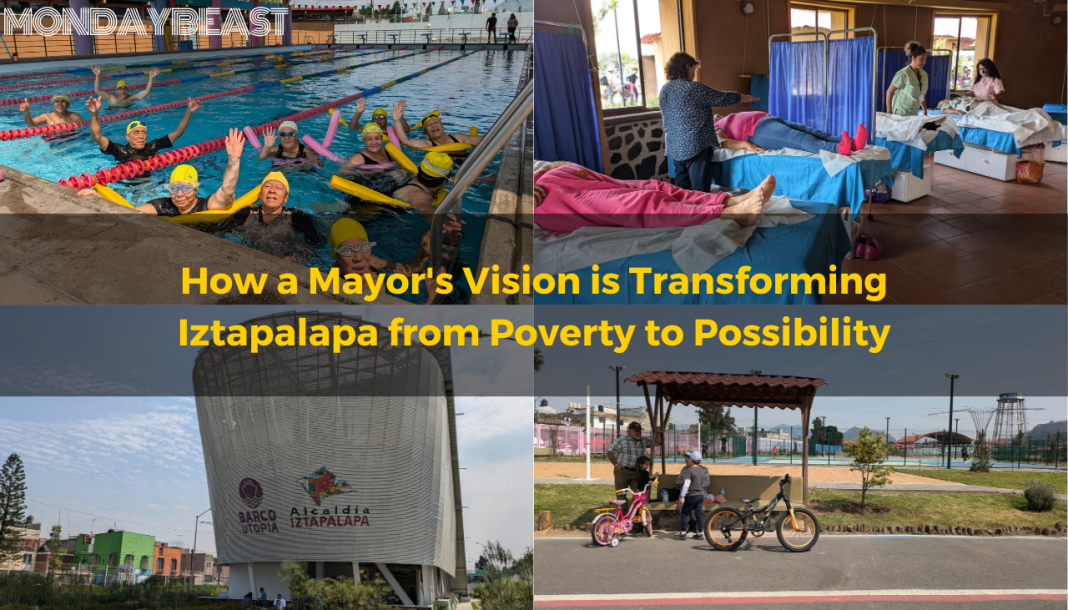The Journey Begins
Since his release from prison, Dennis Perry has embarked on a new chapter. Reconnecting with his wife, Brenda, has brought him solace. Their relationship, once strained by years apart, feels fresh and hopeful again. Family gatherings are both joyful and bittersweet. Friends he hasn’t seen in years are eager to catch up. Still, it’s not all easy. What does it mean to adjust after so long? It’s about rebuilding. It’s a path marked by both uncertainty and resilience.
Facing a Long Road Ahead
Dennis’s future glows with possibilities. Yet, shadows of his past loom large. The emotional scars of wrongful conviction remain, complicating his reintegration into society. He thinks about the lost years and the moments he can’t reclaim. How does one forgive a system that failed them? Restoration isn’t just physical; it’s mental and emotional, too. A question lingers in his mind: can he ever fully trust again?
Georgia’s Compensation Gap

One stark reality haunts Dennis and others like him. Georgia stands as one of 14 states lacking compensation laws for exonerees. This leaves people like Dennis without state support. They confront daunting challenges as they attempt to rebuild lives after unjust incarceration. Financial strain can be overwhelming. Daily expenses, health care costs, and rebuilding savings feel insurmountable. With no safety net, what are exonerees supposed to do?
The Fight for Support
In light of this reality, organizations like GIP step in. They aim to support exonerees through personalized fundraisers. Dennis’s campaign on MightyCause highlights a simple yet profound plea for help. These funds will help Dennis get back on his feet. It’s a tangible way for others to show compassion. Isn’t that what community is all about? The kindness of strangers can sometimes mean the world to someone fighting to reclaim their life.
Joining the Movement
Engagement with Dennis’s story is crucial. Every contribution, no matter how small, aids not just him, but the cause of wrongful conviction awareness. What if your contribution could change a life? It’s essential to rally around those who have been wronged by the system. Solidarity has the power to inspire movement and change. Individuals can offer direct support or raise consciousness about the plight of exonerees in our judicial system. Taking action means you can be part of the solution.
Conclusion: Hope on the Horizon

Dennis Perry exemplifies strength and resilience. His journey is one of many, yet it’s uniquely profound. While the path forward is steep, there’s a sense of hope emerging. With community backing and personal determination, a brighter future seems within reach. As you reflect on Dennis’s story, ask yourself: what can you do to contribute? All it takes is one act of kindness to steer someone toward a better tomorrow.




